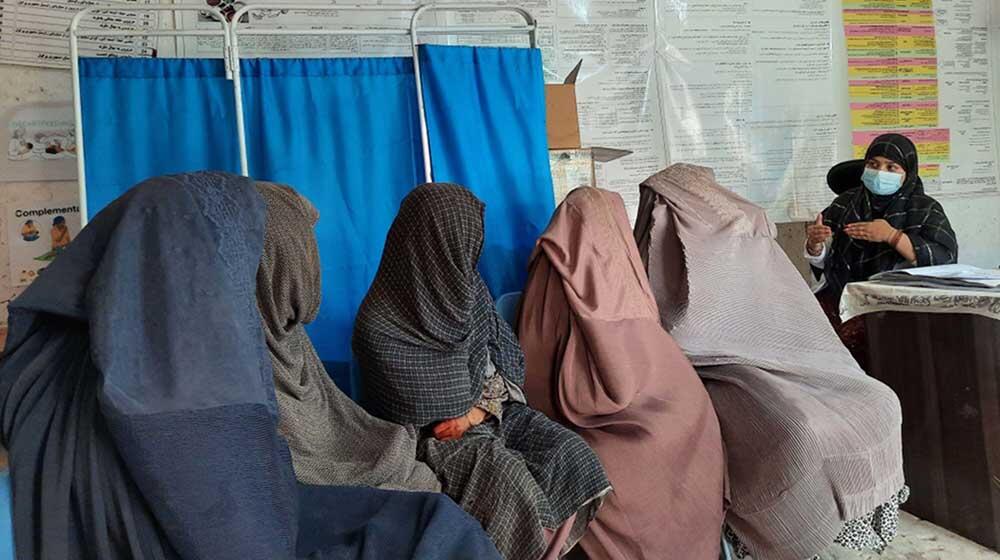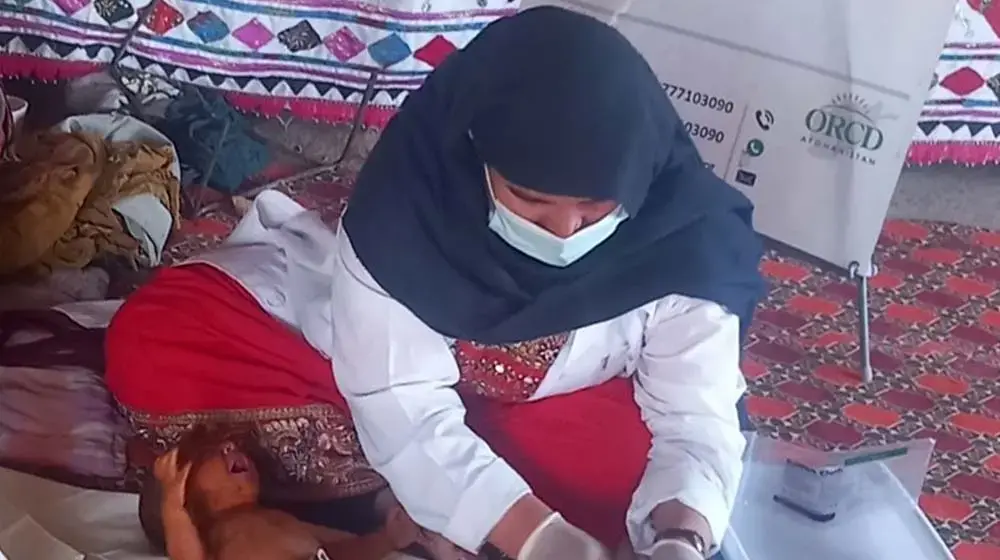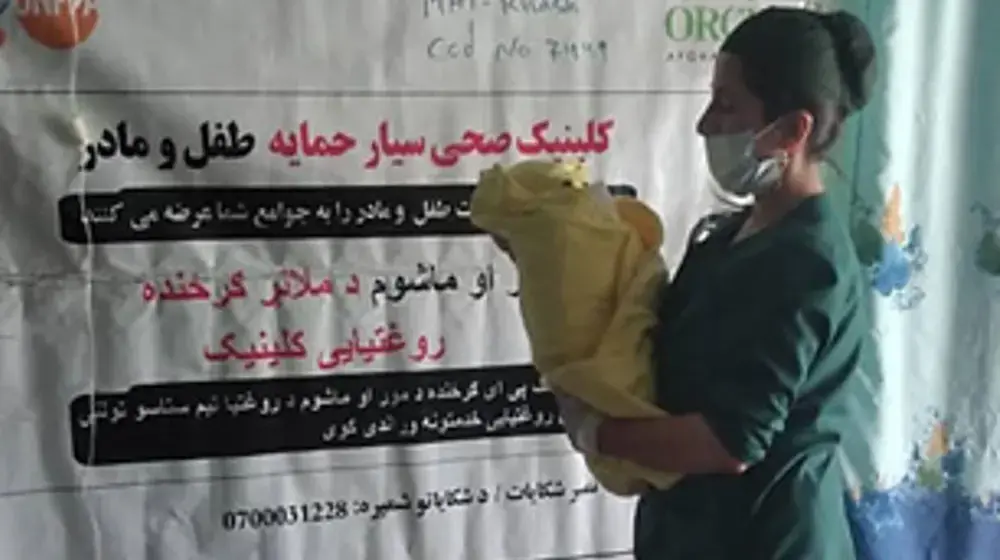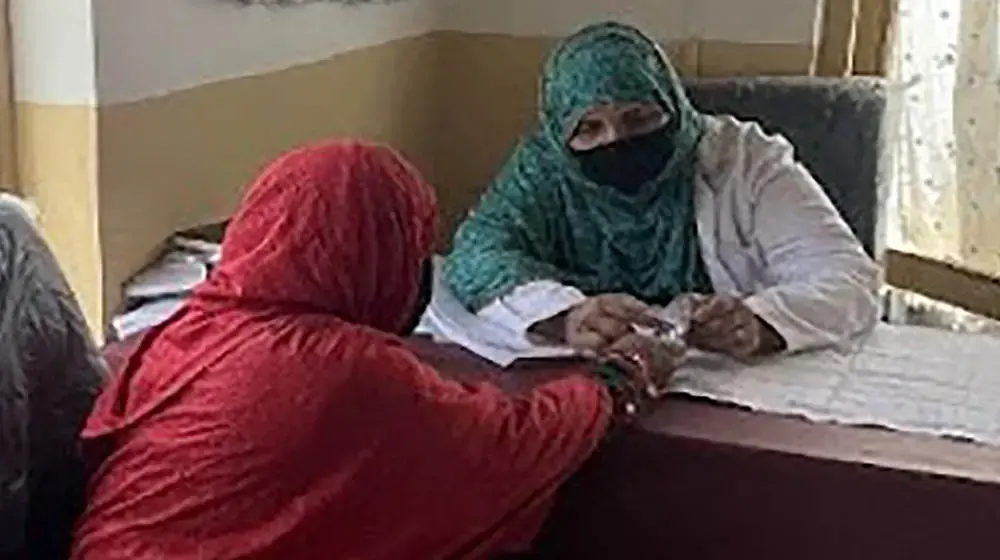For many years, couples have been shying away from family planning for fear of being judged by society due to the stigma attached to the practice.
Such stigma prevented Moska* from considering birth spacing. As a result, she ended up getting pregnant 12 times during the 12 years of her marriage.
Two of the pregnancies ended in miscarriages due to the lack of maternal and reproductive health services in her village. Now pregnant for the twelfth time, 29-year-old Moska found herself in a precarious situation and sought assistance from the Family Health House (FHH) because she urgently needed prenatal care, which she discovered recently.
“I came to the FHH because of pain in the abdominal area and bleeding. This is my first visit here; I didn’t even know this place existed,” Moska shared.
Learning about Moska’s pregnancy history, the FHH midwife expressed concern.
“Her extremely low blood pressure, rapid heartbeat, life-threatening anaemia, and persistent headaches are clear indicators of her difficulties,” the midwife noted. “It’s astonishing that she has survived all those births, most of which occurred at home without the assistance of a skilled birth attendant.”
The midwife noted that Moska’s consecutive childbirths, coupled with poor nutrition and the heavy workload at home, had worsened her condition. After a comprehensive examination, Moska received basic medications to replenish her vital nutrients and antibiotics to address her bleeding. The midwife also advised her to rest.
"Throughout our conversation, I emphasized the importance of coming to the FHH, which is supported by the EU Humanitarian Aid, whenever she felt any discomfort in her abdomen," the midwife remarked.
Access to family planning options and barriers preventing women from utilizing them have been major concerns in remote villages in Afghanistan. "When asked if she was familiar with any family planning methods, Moska declined to discuss it for fear of stigma. This is a common experience for many women I encounter at the FHH," the midwife explained.
Despite Moska’s reluctance, the midwife shared valuable information about self-care, birth spacing, and antenatal care. After opening her mind to this information, Moska promised to share it with her friends and other women in her community.
Moska is under my close observation and receives essential medical support at the FHH,” the midwife stated. “I assured her that her pregnancy and childbirth would be safe, and she can count on my full support whenever needed, even at her home.”
*Name changed to protect privacy.





